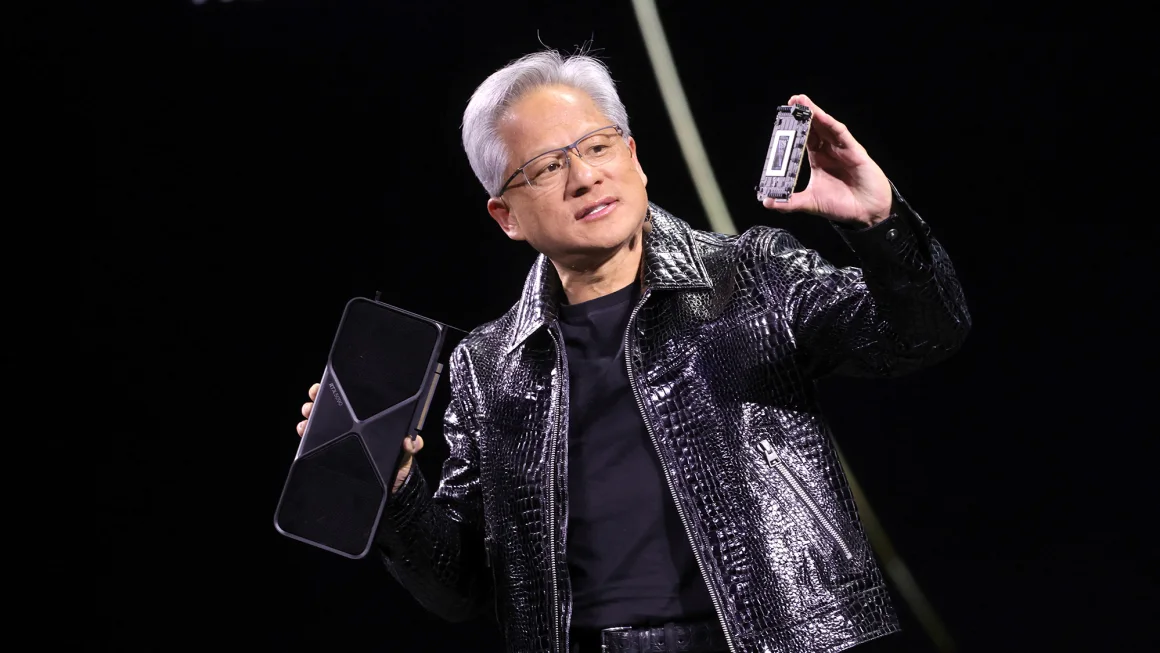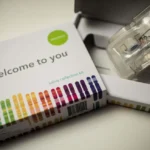As tech companies race to make AI smarter and more human-like, a new report from Elon University flips the question: How is AI changing the way humans think?
The answer? Many experts are worried. According to the nearly 300-page report titled “The Future of Being Human”, AI might actually make people worse at essential human skills like empathy, creativity, and deep thinking.
Futurist John Smart warns that people are giving up important abilities to AI tools that are still in early stages. “While some will benefit, many will lose agency, creativity, and decision-making skills,” he said.
The Rise of AI Agents
Major tech companies like Google, Microsoft, Meta, and Amazon are pushing ahead with AI agents — tools that can do everything from making appointments to writing code or negotiating contracts. These agents could make life easier, but experts like Vint Cerf — known as a “father of the internet” — say people might become too dependent on them.
Cerf warns that these technologies are “fragile” and heavily reliant on electricity and connectivity. When they fail, the consequences could be serious.
Survey Results: A Mixed Outlook
Researchers surveyed 301 experts in tech, academia, and business. Key findings:
-
Over 60% believe AI will cause deep, revolutionary changes to humanity by 2035.
-
Half think the changes will be both good and bad.
-
23% say changes will be mostly negative, while only 16% see them as mostly positive.
The experts predicted AI will harm 12 human traits — including emotional intelligence, empathy, and moral judgment. People might overuse AI for tasks like research and relationship-building, leading to loss of critical thinking and emotional connection.
However, the report sees some hope. AI could enhance curiosity, decision-making, and creativity — especially with tools that help create art or solve problems.
Emotional Connections with AI?
As AI becomes more embedded in everyday devices and environments — like smart homes and wearables — people may start turning to AI for emotional support. Tracey Follows, CEO of Futuremade, says AI might take over roles involving kindness, caregiving, or even charity work. But she warns that emotional ties to AI could replace real human relationships.
There are already cases of people forming emotional bonds with chatbots — some positive, others harmful.
What’s Next?
Experts agree that now is the time to act. Regulation, digital education, and stronger human relationships can help steer AI in the right direction. Richard Reisman, a senior fellow at the Foundation for American Innovation, calls this a tipping point.
“We still have time to choose whether AI will strengthen humanity — or weaken it,” he said.














